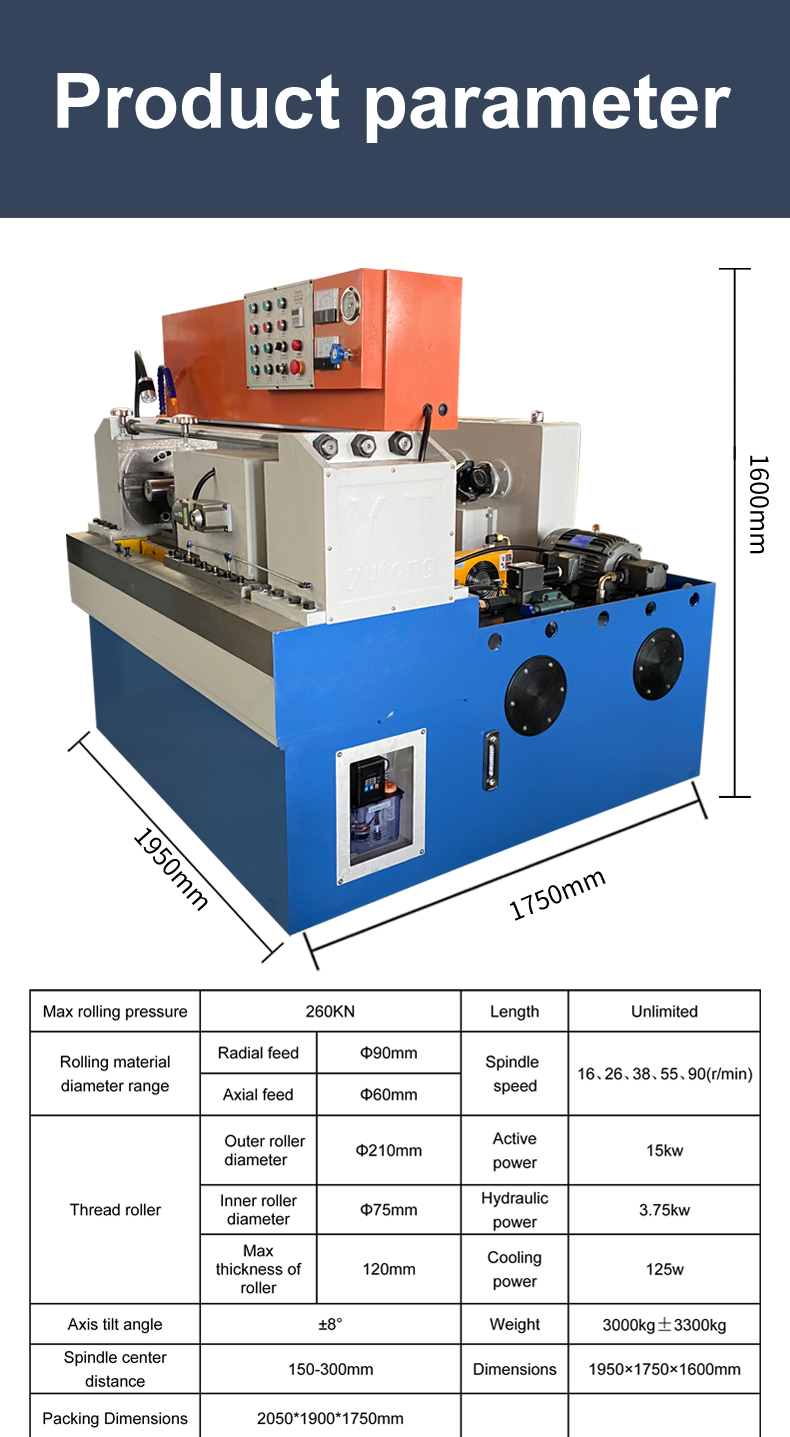
-
 Afrikaans
Afrikaans -
 Albanian
Albanian -
 Amharic
Amharic -
 Arabic
Arabic -
 Armenian
Armenian -
 Azerbaijani
Azerbaijani -
 Basque
Basque -
 Belarusian
Belarusian -
 Bengali
Bengali -
 Bosnian
Bosnian -
 Bulgarian
Bulgarian -
 Catalan
Catalan -
 Cebuano
Cebuano -
 Corsican
Corsican -
 Croatian
Croatian -
 Czech
Czech -
 Danish
Danish -
 Dutch
Dutch -
 English
English -
 Esperanto
Esperanto -
 Estonian
Estonian -
 Finnish
Finnish -
 French
French -
 Frisian
Frisian -
 Galician
Galician -
 Georgian
Georgian -
 German
German -
 Greek
Greek -
 Gujarati
Gujarati -
 Haitian Creole
Haitian Creole -
 hausa
hausa -
 hawaiian
hawaiian -
 Hebrew
Hebrew -
 Hindi
Hindi -
 Miao
Miao -
 Hungarian
Hungarian -
 Icelandic
Icelandic -
 igbo
igbo -
 Indonesian
Indonesian -
 irish
irish -
 Italian
Italian -
 Japanese
Japanese -
 Javanese
Javanese -
 Kannada
Kannada -
 kazakh
kazakh -
 Khmer
Khmer -
 Rwandese
Rwandese -
 Korean
Korean -
 Kurdish
Kurdish -
 Kyrgyz
Kyrgyz -
 Lao
Lao -
 Latin
Latin -
 Latvian
Latvian -
 Lithuanian
Lithuanian -
 Luxembourgish
Luxembourgish -
 Macedonian
Macedonian -
 Malgashi
Malgashi -
 Malay
Malay -
 Malayalam
Malayalam -
 Maltese
Maltese -
 Maori
Maori -
 Marathi
Marathi -
 Mongolian
Mongolian -
 Myanmar
Myanmar -
 Nepali
Nepali -
 Norwegian
Norwegian -
 Norwegian
Norwegian -
 Occitan
Occitan -
 Pashto
Pashto -
 Persian
Persian -
 Polish
Polish -
 Portuguese
Portuguese -
 Punjabi
Punjabi -
 Romanian
Romanian -
 Russian
Russian -
 Samoan
Samoan -
 Scottish Gaelic
Scottish Gaelic -
 Serbian
Serbian -
 Sesotho
Sesotho -
 Shona
Shona -
 Sindhi
Sindhi -
 Sinhala
Sinhala -
 Slovak
Slovak -
 Slovenian
Slovenian -
 Somali
Somali -
 Spanish
Spanish -
 Sundanese
Sundanese -
 Swahili
Swahili -
 Swedish
Swedish -
 Tagalog
Tagalog -
 Tajik
Tajik -
 Tamil
Tamil -
 Tatar
Tatar -
 Telugu
Telugu -
 Thai
Thai -
 Turkish
Turkish -
 Turkmen
Turkmen -
 Ukrainian
Ukrainian -
 Urdu
Urdu -
 Uighur
Uighur -
 Uzbek
Uzbek -
 Vietnamese
Vietnamese -
 Welsh
Welsh -
 Bantu
Bantu -
 Yiddish
Yiddish -
 Yoruba
Yoruba -
 Zulu
Zulu
Hydraulic Thread Rolling Machine Cost and Product Overview for Industry Buyers
Understanding the Price Factors for Hydraulic Thread Rolling Machines
Hydraulic thread rolling machines are essential tools in various manufacturing sectors, especially in the production of fasteners and precision components. These machines create threads on metal rods through a process that involves rolling rather than cutting, which enhances material strength and surface finish. As industries continue to expand, the demand for efficient and reliable machinery increases, raising the question what influences the price of hydraulic thread rolling machines?
One of the primary factors affecting the price of hydraulic thread rolling machines is their design and complexity. Basic models can be relatively affordable, but as the need for advanced features grows—such as programmable controls, increased production capacity, and enhanced automation—the cost rises significantly. Advanced machines often come equipped with software that allows for precise adjustments and monitoring, which not only improves efficiency but also reduces labor costs over time.
Another crucial element is the machine's build quality and the materials used in its construction. High-quality machines made from durable, wear-resistant materials are more expensive but can offer a longer lifespan and lower maintenance costs. Investing in a well-built machine can pay off in the long run, as it may result in fewer downtimes and repairs.
hydraulic thread rolling machine price product

The capacity and specifications of the hydraulic thread rolling machine also play a significant role in determining its price. Machines designed to handle larger workpieces or produce threads in a wider range of gauges typically come at a premium. Manufacturers must assess their production needs and make decisions based on the types of materials they will work with and the complexity of the threading required.
Moreover, the brand reputation and after-sales support can significantly influence pricing. Established manufacturers with a proven track record often charge more due to their reliability and the quality assurance they provide. Additionally, warranty options and the availability of spare parts from the manufacturer should be considered, as they can contribute to long-term operating costs.
Lastly, market dynamics such as supply chain conditions, currency fluctuations, and regional manufacturing capabilities can impact the price of these machines. For instance, disruptions in the supply chain may lead to increased costs for raw materials, which in turn can raise the prices of hydraulic thread rolling machines.
In conclusion, when evaluating the price of hydraulic thread rolling machines, it’s essential to consider various factors including design complexity, build quality, capacity, brand reputation, and external market conditions. A well-informed purchase can enhance production efficiency and contribute to overall business success in sectors reliant on threaded components. As the industry evolves, staying updated on these factors will ensure that manufacturers make the best investment for their operational needs.
